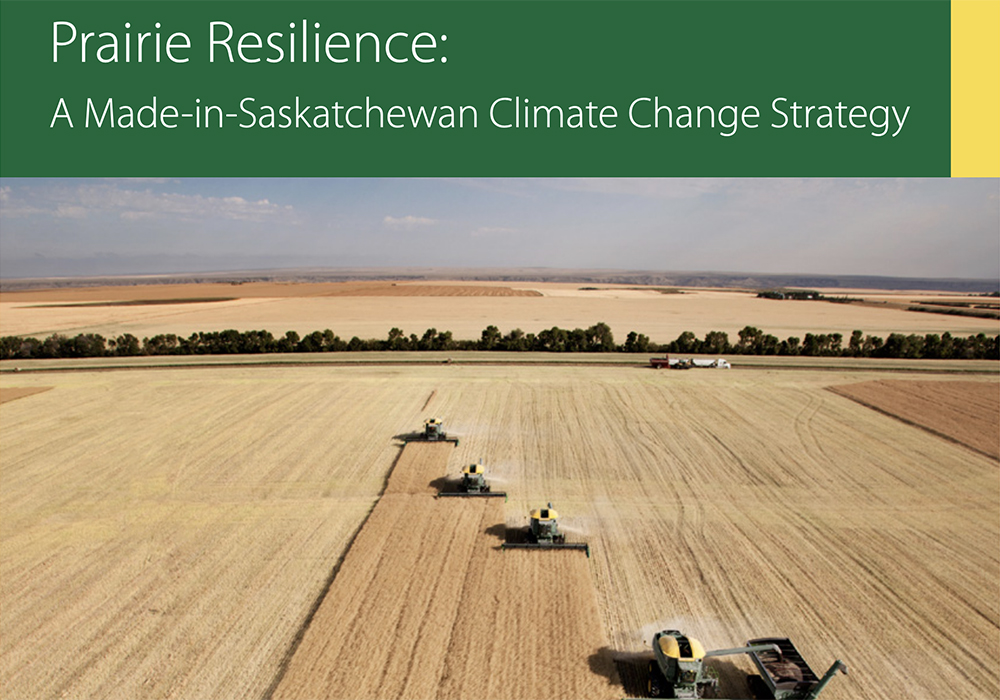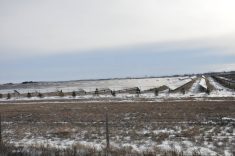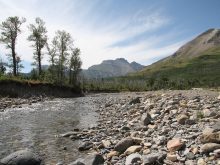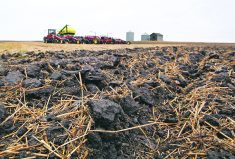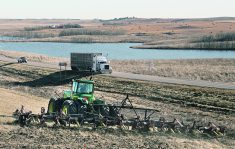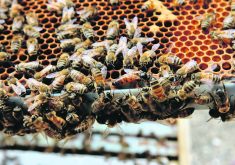Brad Wall was talking like he was going to the moon.
It was Oct. 18, 2016, and I was sardined into a small conference room with the rest of the Regina legislative press corps.
Wall, then premier of Saskatchewan, had just released an outline of his climate strategy. He was passionate and clearly believed his plan was better than what the federal government was offering.
The plan called Prairie Resilience remains the backbone of the province’s climate plans, which continue to fall short of federal standards.
Read Also

Proactive approach best bet with looming catastrophes
The Pan-Canadian Action Plan on African swine fever has been developed to avoid the worst case scenario — a total loss ofmarket access.
That makes sense because Wall’s original pitch was presented as a direct contrast to Ottawa’s plan of pricing carbon.
Saskatchewan’s plan focused on adaptation, or being resilient to climate change, more than attempting to reduce emissions.
Wall fiercely defended the approach.
“There are three approaches we can take to fighting climate change — adaptation, innovation and taxation,” Wall said at the time. “Of the three, a carbon tax will do the most harm to the economy while having the least positive impact on reducing emissions. We should be focusing our efforts on innovation and adaptation, not taxation.”
I couldn’t help but think (and write) at the time that carbon pricing was likely inevitable.
Any merits to Saskatchewan’s plans were largely ignored because Prairie Resilience failed to recognize the significance of carbon pricing.
Many Canadians were already living in a jurisdiction with carbon pricing, and economists from around the world were going wild over carbon markets. In areas where carbon pricing had been up and running for substantial periods, there was proof it was working.
Immediately after being released, Wall’s plan was unsurprisingly critiqued for having a long list of actions, but no actual plan on how to accomplish much of it.
Prairie Resilience’s main substance was a regurgitation of previously released, but never implemented, climate strategies. For example, it aimed to lower the threshold for what was considered a “heavy emitter,” which Wall’s party had already committed to doing seven years earlier.
Not much in the plan was seen as credibly reducing greenhouse gas emissions, and it didn’t adequately put a price on carbon. This was the general consensus at the time among political watchers and environmental experts.
At the beginning of 2018, about 15 months after Prairie Resilience was released, the federal government told Saskatchewan that a price on carbon was necessary, and it rejected a request to exclude the province from the policy.
That spring, the province officially missed the federal deadline to sign onto the Pan-Canadian Framework on Clean Growth and Climate Change (and millions in guaranteed money attached to it).
The following April, Ottawa’s carbon pricing system was imposed on Saskatchewan residents.
A big part of Ottawa’s justification for doing so was because Prairie Resilience put a dollar value on about 11 percent of provincial emissions, whereas the federal plan covered closer to 60 percent of emissions.
After taking the feds to the Supreme Court over the legality of carbon pricing, and losing, Saskatchewan remains at odds with Ottawa over how to reduce emissions.
Provincial plans submitted in May to offer “instant rebates” to consumers for carbon pricing have been rejected by Ottawa.
Barring a change in government with an election looming, Saskatchewan now won’t be able to submit new plans until 2023.
Six years after Wall released Prairie Resilience, Saskatchewan might want to consider some flexibility.
Because being resilient to Ottawa’s plans isn’t working for Saskatchewan residents.
D.C. Fraser is Glacier Farm Media’s Ottawa correspondent. Reach out to him by emailing dfraser@farmmedia.com.



